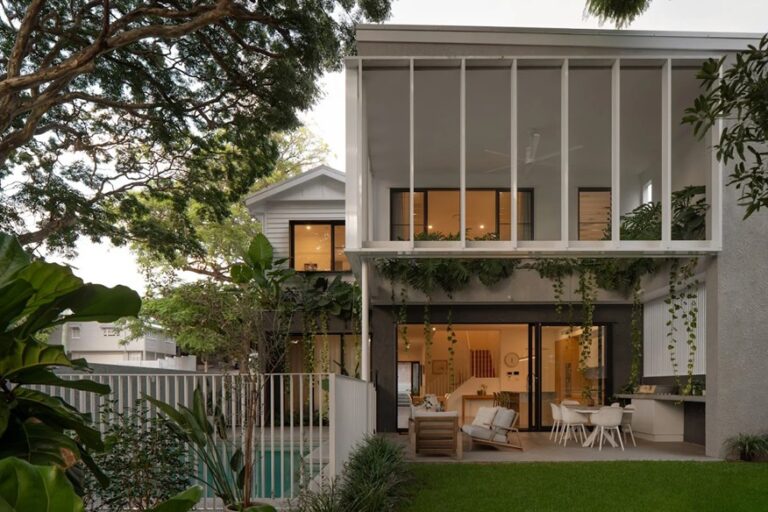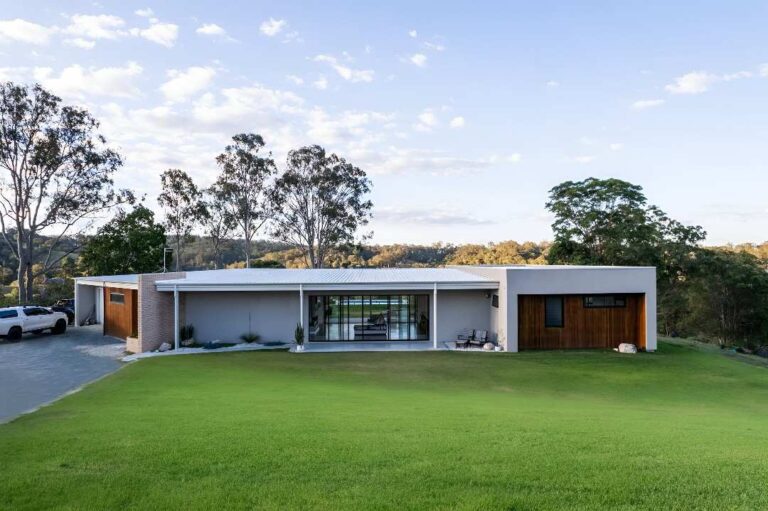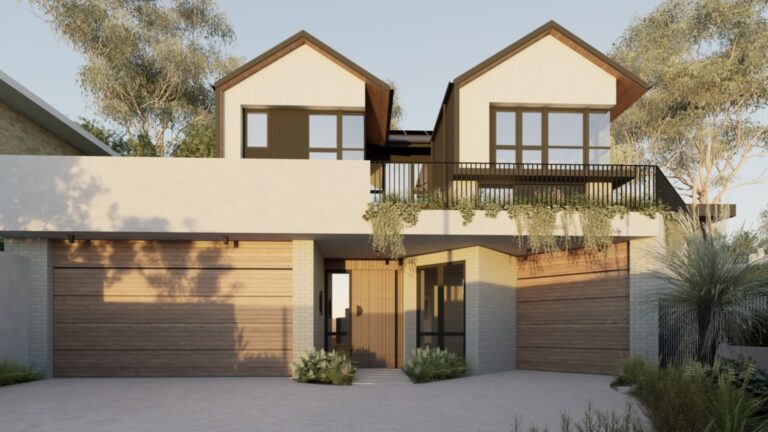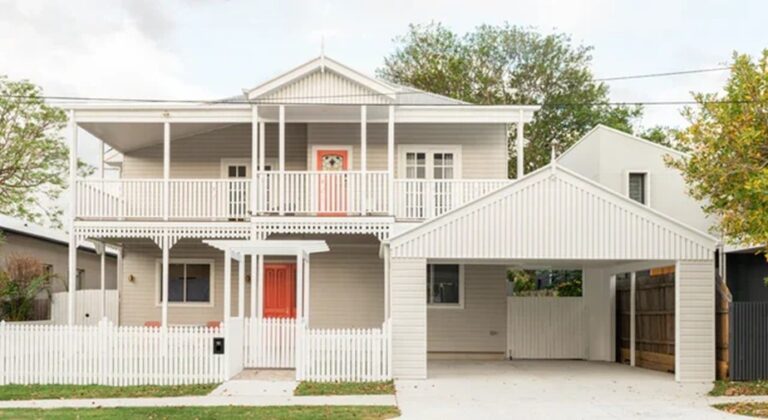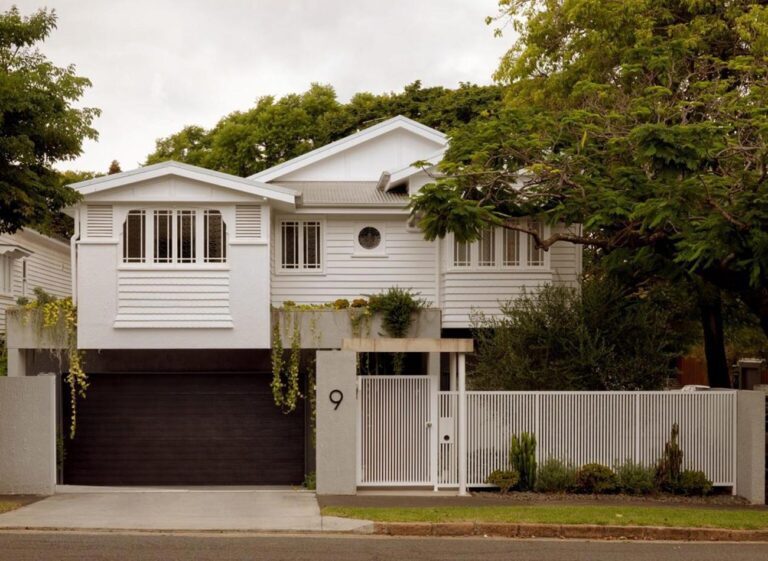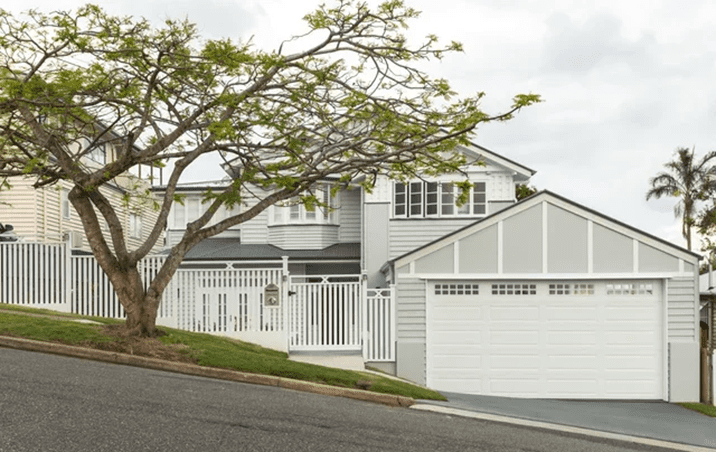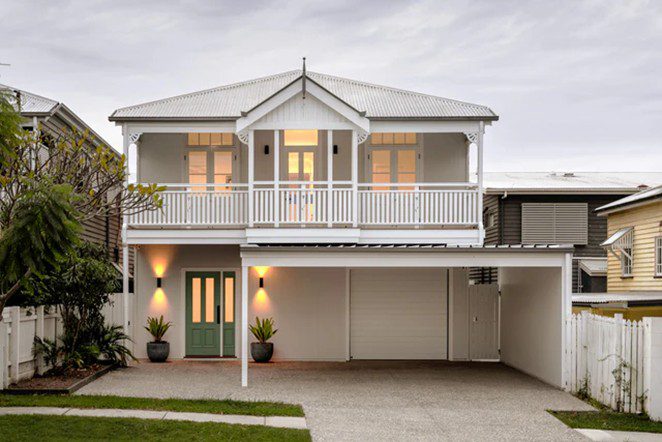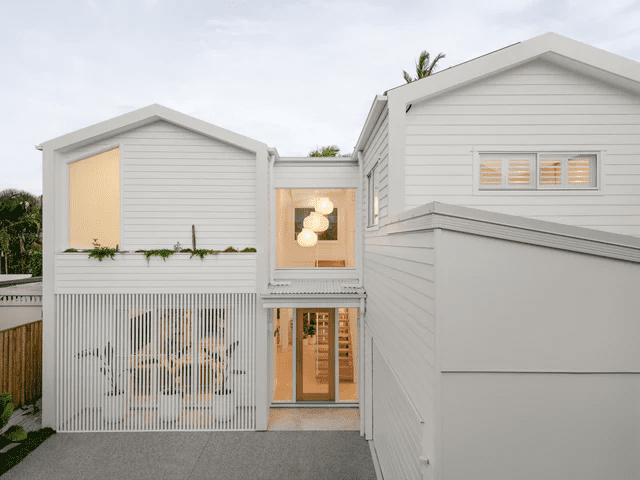Choosing the right block is the foundation of every successful custom home project. Factors such as slope, soil, and orientation all play a role in shaping outcomes. At Tide Constructions, we work closely with clients to ensure blocks are chosen with vision and practicality in mind. With expert planning, families can secure a block that supports both lifestyle and future growth.
Key Takeaways
- Location shapes lifestyle and convenience
- Land slope and orientation affect cost and comfort
- Soil quality impacts foundation work
- Council rules guide design and approvals
- Utilities and infrastructure must be confirmed
Why the Block Matters?
The block you choose plays a pivotal role in the overall success of your custom home project. Not only does it influence the design and aesthetics of your home, but it also directly impacts construction costs, ease of building, and the long-term liveability of your space. A well-suited block can reduce potential construction challenges, enable sustainable design solutions, and even enhance the property’s future value. It’s essential to consider factors such as land slope, soil quality, and access to utilities before committing to a block. According to the Government’s Building and Development guidelines, local zoning and planning controls can significantly impact both the design of your home and how you can execute your build.
Key Points to Consider:
- Design Flexibility: The block’s size, shape, and terrain will influence the home’s layout, style, and even the number of storeys.
- Cost Implications: A block with slope issues or that requires significant land clearing can increase site preparation and foundation costs.
- Sustainability: Choosing a block with natural advantages, such as good sun exposure or wind protection, can reduce the need for artificial heating and cooling, supporting sustainable living.
- Zoning Laws: Local zoning restrictions can limit the type of dwelling you can build, influencing the design and construction process.
Factors to Consider When Choosing a Block
1. Location, Location, Location
The location of your block is probably the most important factor in choosing the right land for your custom build. The area you choose will determine the proximity to essential services like schools, hospitals, shopping centres, and transport links, all of which can influence your daily convenience and long-term lifestyle.
Things to consider:
- Proximity to Work and Amenities: Do you need to commute? Is it important to be near public transport? Consider how far the block is from your workplace and other key services.
- Neighbourhood and Community: Is the area suitable for your lifestyle? Whether you’re looking for a peaceful or ideal suburb, a coastal town, or something near bustling city life, make sure the neighbourhood meets your social and personal needs.
- Future Development: Investigate any future developments or zoning changes in the area. Upcoming infrastructure projects, new schools, or commercial hubs can increase property values, while industrial developments or landfills may lower the appeal of a location.
2. Land Size and Shape
The size and shape of the block will heavily influence the design of your custom home. Larger blocks provide more flexibility in design, while smaller blocks may require more creative solutions to maximise space.
Considerations:
- Size of the Block: Determine how much land you need. If you’re planning a large home with expansive outdoor areas, you’ll need a bigger block. However, a smaller block can work well for a compact or single-storey design. Keep in mind that larger blocks may come with higher costs, both for the land purchase and ongoing maintenance.
- Shape of the Block: The shape of the land will determine how you can position your house on the block. A rectangular or square block may provide more options for layout and design. However, oddly shaped blocks, like those on a sloping site, can be challenging but may offer unique opportunities for creativity.
- Setback Requirements: Each council has setback requirements, which dictate how far your home must be from the boundary of the block. These rules can restrict the available space for your home, so it’s important to check local regulations before purchasing.
3. Topography and Terrain
The natural features of the land can significantly affect the cost of building and the final design of your home. A flat, level block will typically be the easiest and cheapest to build on, while sloping or uneven blocks will require additional work, such as retaining walls or cut-and-fill, which can increase your budget.
Things to assess:
- Slope of the Block: A block with a gentle slope may provide great views or allow for a split-level home, but a steep slope could require expensive foundation work to level the land. It’s important to get a detailed survey to understand the slope and plan accordingly.
- Soil Quality: Soil tests are essential to determine the stability and suitability of the land for construction. Certain soil types, such as clay or sandy soils, can present challenges during construction and may require special foundations or treatments.
- Flood Risk: Some areas are prone to flooding, so it’s crucial to check the flood risk in the area. If your block is in a flood zone, you’ll need to factor in the cost of building to higher flood-resistant standards and possibly acquiring flood insurance.
4. Access to Utilities and Services
Another important consideration is whether the land is connected to essential utilities like water, electricity, gas, and sewage systems. While many new estates have these services readily available, more remote or rural blocks may require you to install these services yourself, adding extra costs and delays.
Important factors:
- Water and Sewerage: Does the land have access to the main water supply and sewer system? If not, you may need to install a septic tank or rainwater collection system, which could add significant costs to your build.
- Electricity and Gas: Check if there’s a direct connection to the electricity grid and natural gas lines. For properties in more rural areas, bringing in these services can be expensive and may require additional infrastructure work.
- Internet and Mobile Reception: Reliable internet and mobile reception are critical, especially if you work from home or rely on mobile services. Check with local providers about availability and speeds in the area.
5. Council Regulations and Zoning
Before you fall in love with a block of land, it’s essential to check with your local council about zoning restrictions and planning laws. Zoning rules can affect the type of house you can build, the materials you can use, and the overall design of the property.
Key considerations:
- Zoning Laws: Different zones (residential, commercial, agricultural) come with different regulations. Some zones may limit the height of buildings, the number of dwellings allowed, or the type of materials that can be used.
- Planning Permission: Check if there are any restrictions on what you can build on the land. For example, heritage areas or environmentally sensitive zones may require additional permits or compliance with specific guidelines.
- Building Codes and Setbacks: Each local council has different building codes, which can affect your design. Setback rules, for example, will define how far your home needs to be from the property boundary. It’s important to review these rules early in the process to avoid costly changes later.
6. Cost of the Block
The price of the block should fit within your overall budget for your custom build. However, the initial cost of purchasing the land is just one factor to consider. Additional costs, such as land preparation, infrastructure fees, and ongoing maintenance, can add up quickly.
Cost-related considerations:
- Land Preparation Costs: If the land requires clearing, excavation, or the removal of trees or debris, this will add extra costs to the purchase. The more prepared the land is, the less you’ll pay in site work.
- Stamp Duty and Fees: When purchasing land, there are also government fees like stamp duty and registration fees that must be factored into your budget.
- Resale Value: Consider the potential for future growth in the area. A well-located block may see its value increase, making it a better investment in the long run. Conversely, a block in a declining area may be harder to sell in the future.
7. Lifestyle Needs
Think about how the land will suit your long-term lifestyle needs. Whether you want a quiet suburban retreat, a rural escape, or a property close to the beach, the block you choose should enhance your quality of life.
Lifestyle considerations:
- Privacy and Space: Do you prefer a large backyard for kids to play in or a more compact garden? Consider how much outdoor space you need for activities like gardening, entertaining, or leisure.
- Views and Environment: Is the view important to you? Do you want to be close to nature, or would you prefer an urban setting? The landscape and surrounding environment will contribute to your overall satisfaction with your new home.
Conclusion
The right block is the cornerstone of a successful custom build. By considering slope, soil, orientation, and council rules early, you reduce risks and protect your investment. Contact us today for expert guidance on selecting the perfect block and designing a home that reflects your lifestyle.
FAQs:
What is the best block size for a custom home?
It depends on your design, family needs, and local zoning. Larger blocks provide more flexibility but may cost more.
Does land slope make building more expensive?
Yes. Steep blocks often need extra engineering, but they can create unique design opportunities.
How do I check if a block has good soil quality?
Engage a geotechnical engineer to conduct soil testing before purchasing.
Can any block suit a custom home?
Most blocks can work with professional design, but costs vary depending on slope, access, and soil.
Do I need council approval before buying land?
You don’t need approval to buy, but you should review council regulations to avoid design limitations later.
Can Tide Constructions help assess a block before purchase?
Yes. We provide professional advice on site suitability, costs, and potential challenges.

